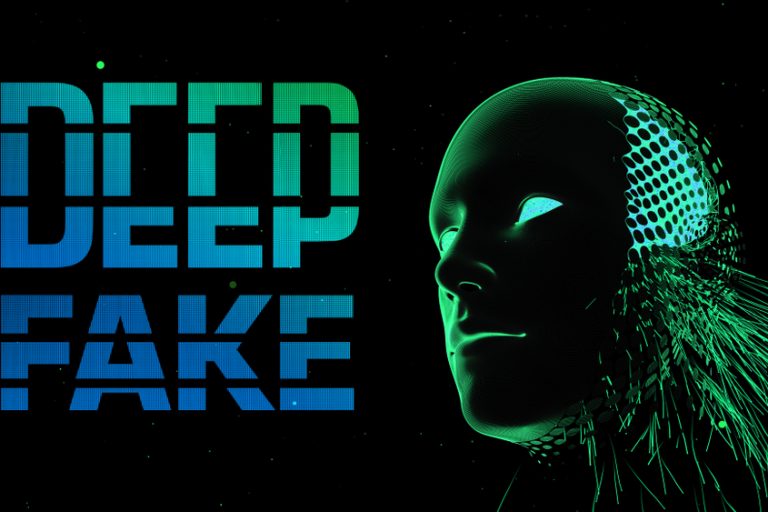My Three Cents

Makovsky
Monday, February 29, 2016“There cannot be a crisis next week. My schedule is already full.”
Henry Kissinger
Diplomat and scholar, 1969
Handling crises was challenging in 1969—the year Richard Nixon became President of the United States and Neil Armstrong, the first man on the moon. Today, it can feel almost impossible.
In the social era, bureaucracy has been preempted by transparency. There are no secrets about what the public thinks; it’s all available to everyone, on the internet instantly. Moreover, it’s likely that a random stakeholder will surface the next potential crisis before anyone in the company’s C-suite. Some other interesting findings:
- A poll by Refresh Leadership (http://www.refreshleadership.com/index.php/2014/06/results-32-companies-crisis-management-plans-place/) found that 67% of people surveyed in 2014 reported that their companies are not as prepared as possible to weather a crisis.
- Thirty-two percent have no crisis management plans in place at all, despite the fact that 79% of business decision makers believe (http://managementhelp.org/blogs/crisis-management/2015/02/07/crisis-stats-you-should-remember/) they are only 12 months from a potential crisis.
- Research conducted by ODM Management (http://odmgrp.com/blog/2011/11/17/infographic-no-crisis-plan-think-again/) found that, after a crisis, 55% of respondents believe that social media actually makes it easier to recover.
Indifference and cost are the key barriers to developing a crisis plan. Is there any benefit to a “watch and wait” approach?
A laissez–faire approach to crisis management contributed to the collapse of Enron, Arthur Andersen and Lehman Brothers. A remarkable few, like Morgan Stanley and Beech-Nut, managed their crises so well that public trust actually increased after the crisis was resolved.
Let’s look closer at Beech-Nut. It was the late 80’s and the Beech-Nut Nutrition Corporation (the second-largest manufacturer of baby food products in the U.S.) pled guilty to Federal charges that it had sold phony apple juice intended for babies; and the company agreed to pay a $2 million fine.
Beech-Nut’s first move was to install a new president, Dr. Richard Theuer, an infant nutritionist who reported that the adulterated product, although not what it was supposed to be, presented no danger to health. The product, nevertheless, was removed from the shelves. He said the company had taken measures to prevent any similar incident and publically apologized to American mothers. He was forthright and credible. The company has since thrived.
Contrast the actions of the baby food company—a swift acknowledgement of error, a thorough investigation, an apology, and the promise that the problem will not recur—with the flat-footed performance of officials in the continuing Flint, Michigan water crisis.
“Standing at a microphone in September holding up a baby bottle, Dr. Mona Hanna-Attisha, a local pediatrician, said she was deeply worried about the water,” reports The New York Times (http://www.nytimes.com/2016/01/24/us/when-the-water-turned-brown.html). “The number of Flint children with elevated levels of lead in their blood had risen alarmingly since the city changed its water supply the previous year, her analysis showed.”
The pediatrician’s press conference was followed by frenzied denials and an orgy of finger-pointing.
“Within hours of Dr. Hanna-Attisha’s news conference, Michigan state officials pushed back—hard,” according to The Times. “A Department of Health and Human Services official said that the state had not seen similar results and that it was working with a much larger set of data. A Department of Environmental Quality official was quoted as saying the pediatrician’s remarks were ‘unfortunate,’ described the mood over Flint’s water as ‘near-hysteria’ and said, as the authorities had insisted for months, that the water met state and federal standards.”
Among the reasons for the success of Beech-nut and the ongoing failures in Flint is that Beech-Nut listened to its stakeholders and Michigan’s government just couldn’t believe what they were hearing. It’s as if the officials were choosing to listen to their own thoughts over and over again in an endless echo chamber.
You can’t dodge responsibility when you’ve made a big mistake. Recovery requires honesty. Stonewalling is never an option. Accept the facts and present them to the advantage of the organization you represent; but never communicate an untruth that you wish were true.
There should be cooperation among all those involved in mediating the crisis. Plus openness. Honesty. Sympathy. And cooperation.
If you’re at fault, say so, apologize and show genuine remorse. As
# # #











